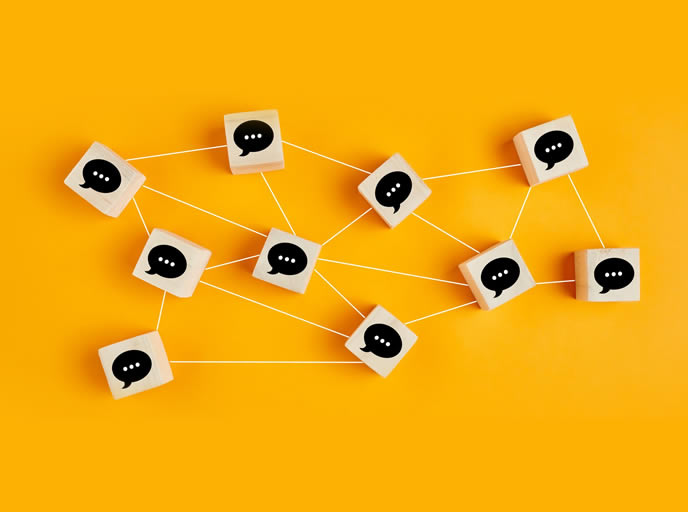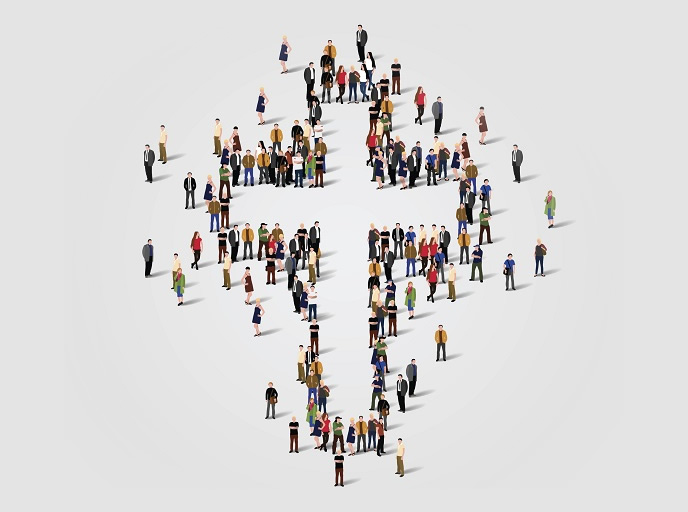Employ One and Get Three for ‘Free’

Should God come to work?
17 March 2021
Fictional Case Study – Covid-19, Delta and HR
20 July 2021A local small business needed trade experts to complete an amassing project of varying ingredients. A bit of tiling here, a splash of painting over there, and a whole lot of elbow grease for industrial cleaning – everywhere. So, a painter was employed. And then as if by magic, two Tilers and a Plasterer also appeared – and were successfully employed. It was if they had employed one and got three for ‘free.’
Like anything to do with humans such as social capital and psychology, the Wantok system is a complex concept. Paolo de Renzio quoted a loose definition of the Wantok System that Mannan had offered post-independence in 1978. A system of relationships (or set of obligations) between persons characterised by some, maybe all, of the following: (a) common language (wantok = “one talk”), (b) common kinship group, (c) common geographical area of origin, and (d) common social associations or religious groups.
There are inherent problems with the system. Those are obvious. In fact, it is popularly referred to with condescension. But there is also a myriad of benefits that are easily overlooked. Like Recruitment and Selection. Not the sort done by recruitment agents that base their interactions on checklists and placement fees. The sort that engages with those involved with interest, depth, and solutions.
For example, it utilizes a HR-ised version of word-of-mouth marketing. Targeted efforts and naturally occurring opportunities for employees to spread the word of their employee satisfaction (an indicator for organisational health). If your organisation has a good brand and your employees are content with aspects of their job, their employee experience or the organisation itself, this will be shared. The pool of potential employees will grow as will the likelihood of successful placements – free of advertising and automated applicant tracking systems.
Another example is the opportunity it offers for background screening and reference checking. It provides a safety network that pools resources, reduces the safety risk to employees and the organisation, verifies data, and ultimately improves the quality of hires.
And yet another example is of the system’s broader impact on the surrounding environment of an organisation. Its role as a social safety net. As a social network, it provides opportunities for trust, cooperation and mutual benefit. Add to that the soaring use of digital communication technologies, and the connective capacity of people capital in PNG increases significantly.
As with cultural diversity, the wantok system is part and parcel of the complex local contexts of business in Melanesia. When understood and used correctly, can provide numerous benefits in managing Human Resources in Papua New Guinea.




